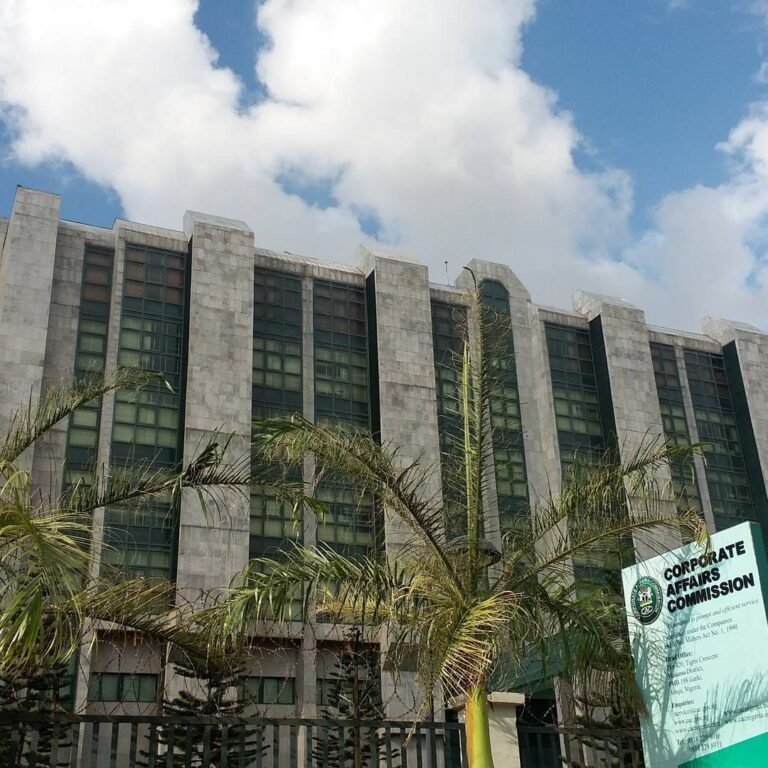Despite celebrating 25 years of uninterrupted democracy, Nigeria continues to grapple with severe police brutality. The persistent repression raises crucial questions: Is our democratic system failing to protect the freedoms it promises, or is the problem rooted in the unchecked power of our security forces?
The latest of this incident was on May 7, when some officers of the Nigerian police brutally suppressed a peaceful protest by women in Ughelli, Delta State. According to reports, the women had gathered to protest the increasing incidents of police violence in their community. Instead of addressing their concerns, the police responded with the same aggression.
Repression remains an issue in Nigeria despite practicing democracy for over two decades. This is exemplified by different instances of police brutality.
Owodunni Rasheed, Nigerian-based political expert, observed that though citizens sometimes go overboard in their demonstrations which triggers unruly actions from police officers, methods employed to restore peace and order have clamped down on human rights on several occasions. Police’s resistance to students’ clamour and members of the public has resulted in bloody clashes on diverse occasions, as solidified by the eventuality of most of the police-citizen confrontations.
Over the years, numerous peaceful protests have been met with excessive force. For example, on February 13, 2024, hospital workers at the Obafemi Awolowo University Teaching Hospital faced gunfire and tear gas from police as they protested. Similarly, on May 31, 2022, a journalist was shot and a student injured when police violently disrupted a peaceful demonstration in Osogbo against alleged extrajudicial killings. These actions betray the fundamental principles of democracy and expose the authoritarian tendencies that undermine our freedom.
From the bloody disruption of the EndSARS protesters and the mass beatings and arrests of protesters who questioned the reopening of the Lekki Toll Gate in Lagos in 2021 to the killing of a university student in Ekiti in 2019 during a protest over poor electricity, the Nigerian police have repeatedly shown a blatant disregard for civil liberties. According to Global Rights’ Mass Atrocities Casualties report, Nigeria witnessed over 800 incidents of extrajudicial killings between 2020 and June 2023, largely stemming from police brutality.
Experts say operatives of the Nigerian police force act against their mandate of maintaining order and protecting lives and properties, despite their relevance as a law enforcement agency under democratic rule.
Owodunni Rasheed, told The Liberalist that Nigeria is slow in substantial development despite the significant improvement of democracy in the country exemplified by the advancement of the voting system. Rasheed argues that while democracy theoretically promotes freedom, the unique challenges within Nigerian society have allowed security operatives to exploit the system, using brutal force to suppress calls for accountability and stifle dissent.
According to him, democracy seems to work out as a form of government in Nigeria because it promotes human freedom. However, he added, “the peculiarities of Nigerian society have left the door wide open for many to exploit it, including security operatives who now brutally repress citizens who call for government accountability and oppress them at the slightest demonstration.”
Relevance of police in a democracy
Activists like Rinu Oduala of #EndSARS and human rights organizations like Amnesty International emphasize that police brutality not only inflicts physical and psychological harm on its victims but also erodes public trust in the government and its institutions.
Oduala opined that the deep-seated impunity within the police force undermines the rule of law and threatens the very fabric of Nigerian democracy. Without restoring police legitimacy and aligning their actions with democratic principles, Nigeria risks perpetuating a cycle of oppression that stifles true freedom and justice.
According to the International Association of Chiefs of Police, the illegitimate actions of the police to repress citizens damage police legitimacy and question its position in sustaining its mandate as a law enforcement agency. It maintains that police legitimacy is crucial to its role in maintaining law and order in a democratic society.
The Nigerian government must address the unchecked power of its police force and ensure that it serves to protect, not oppress, its citizens. Only then can we hope to see a Nigeria where democracy genuinely thrives and where the rights and freedoms of all individuals are respected and upheld.













